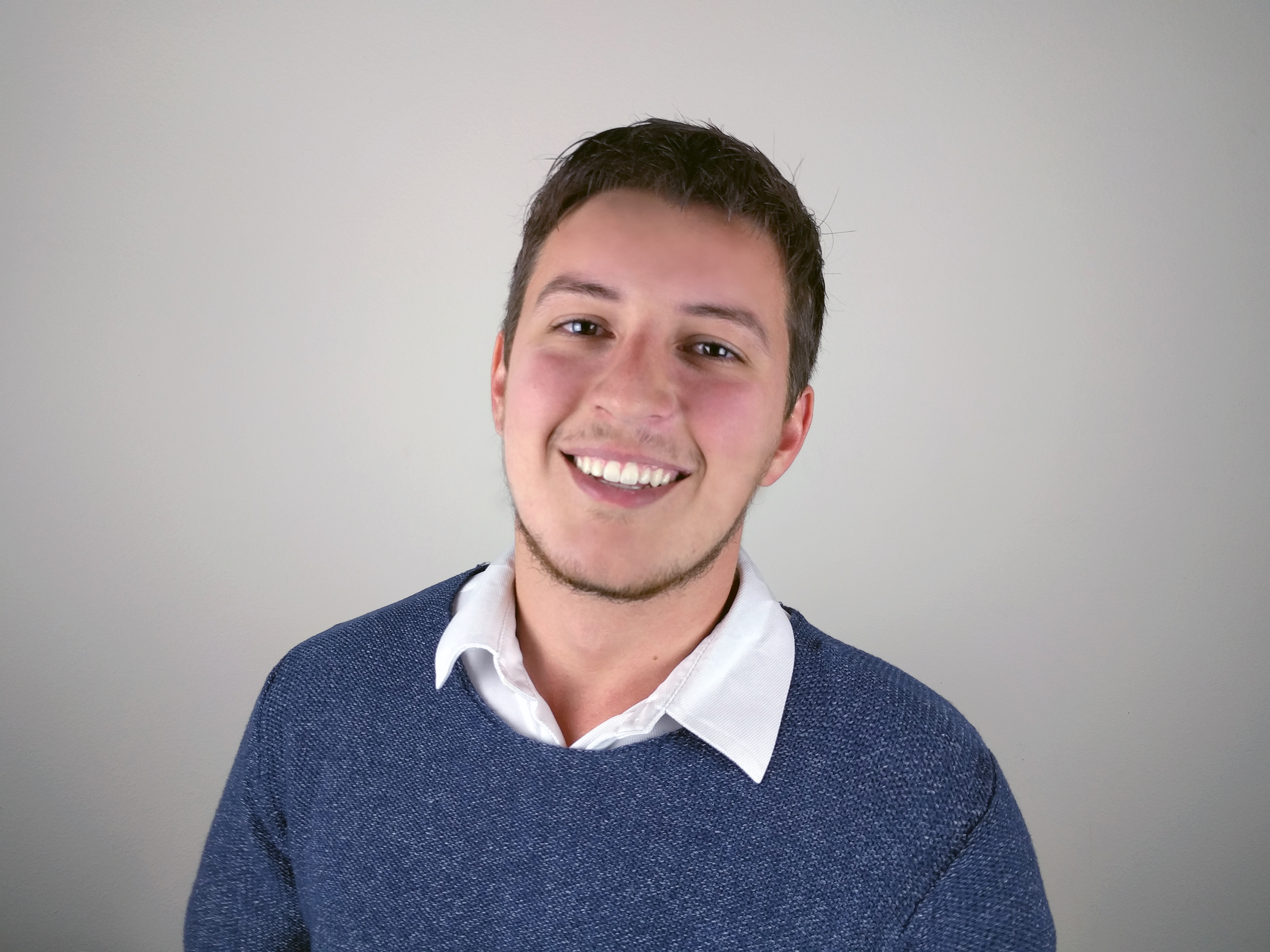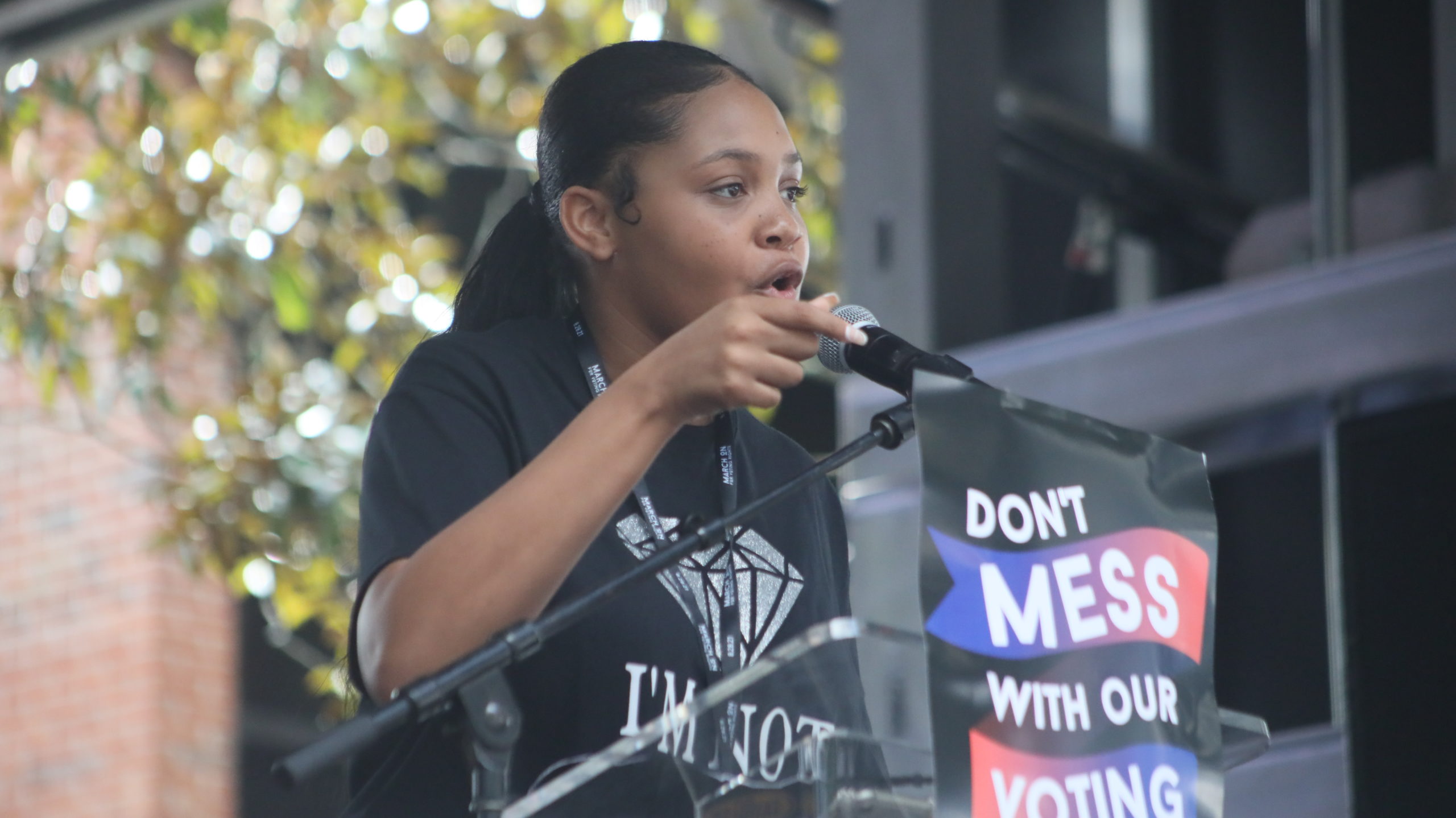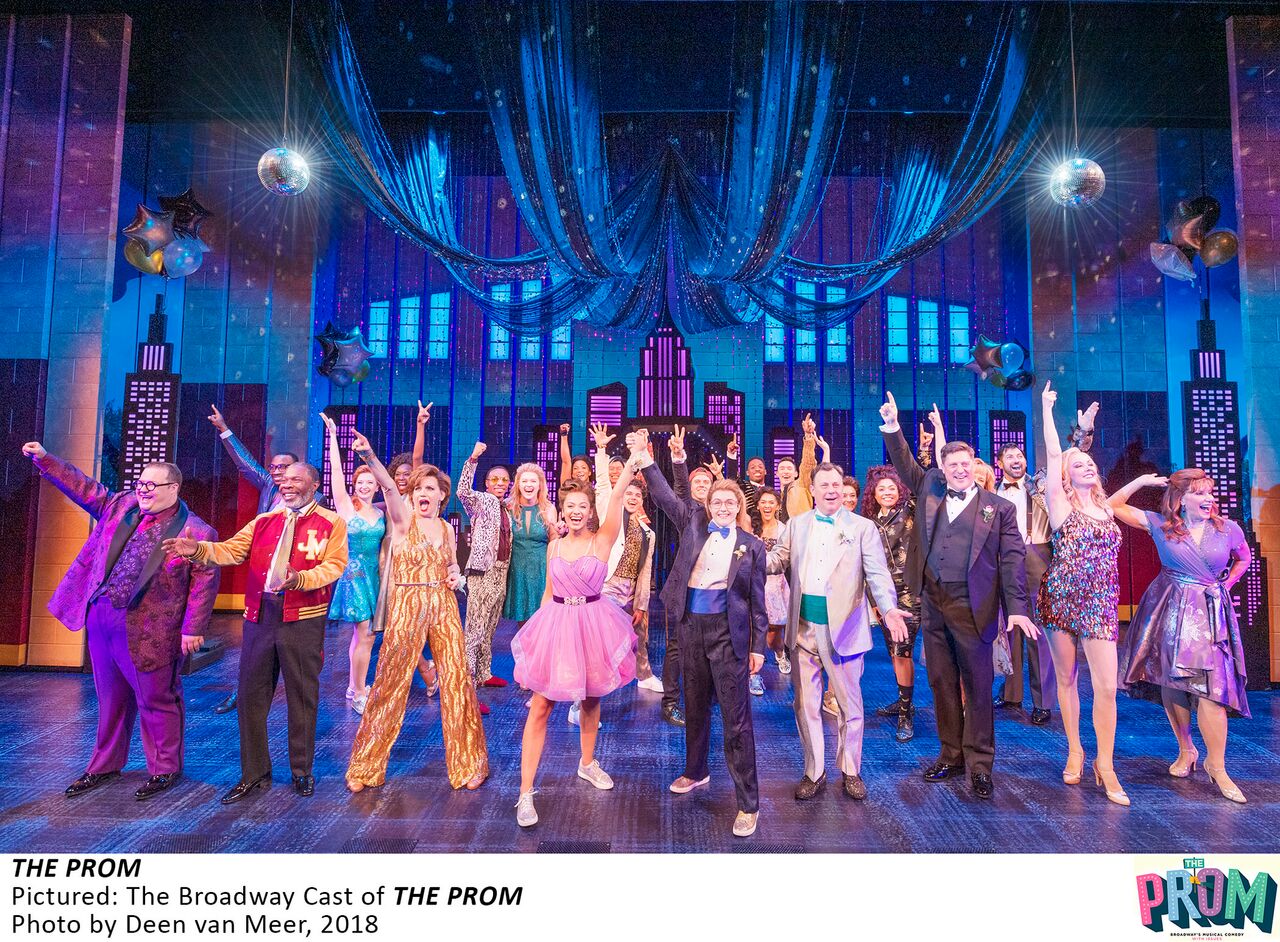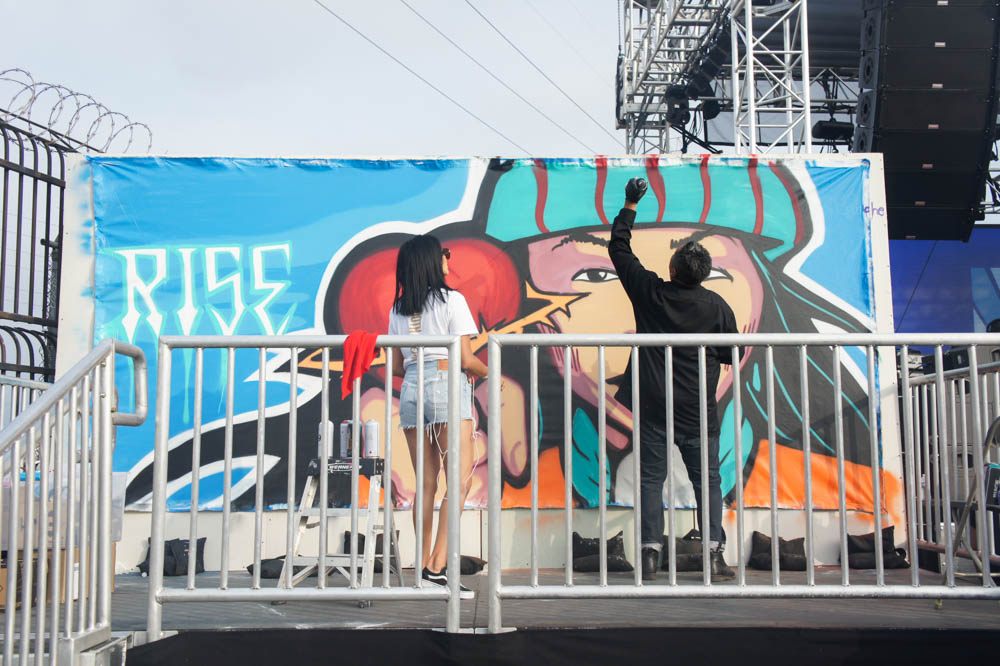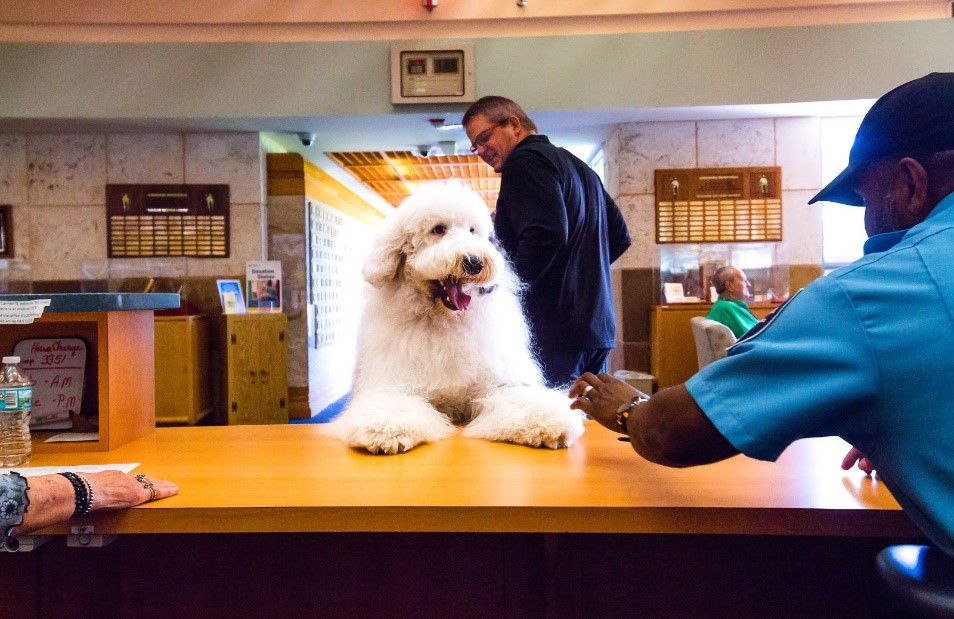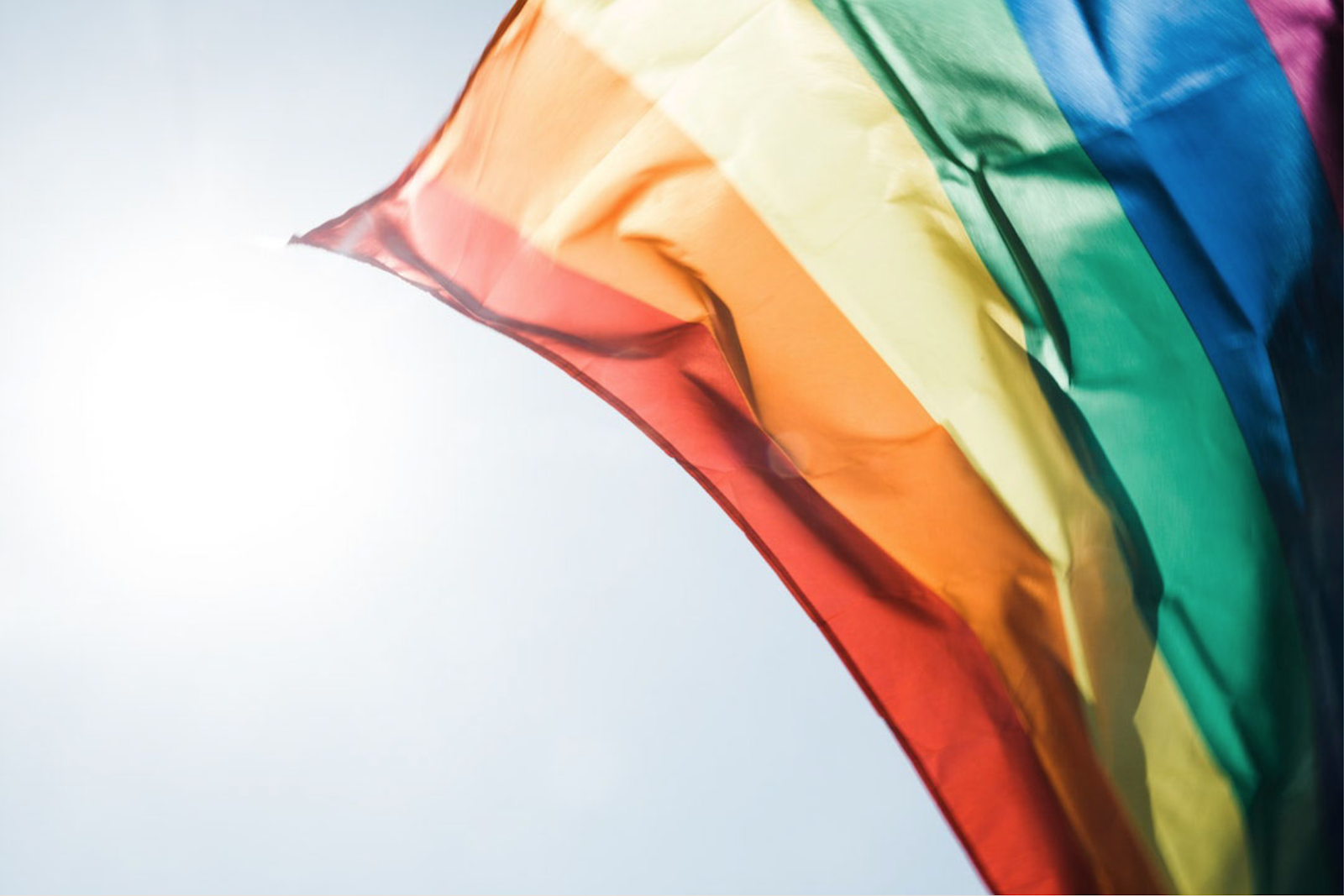According to RAINN, about 1 in 4 undergraduate women, and 1 in 20 undergraduate men, have experienced at least one instance of sexual assault or rape while in college. For transwomen and bisexual women, the rates are even higher.
While these numbers are dismal, they are not surprising. Early signs of violence are romanticized when we tell young girls that boys who hit them or pull their hair “have a crush on them.” Teens use homophobic teasing and slut-shaming to construct rigid gender norms that devalue femininity and non-heterosexuality. As people engage in these behaviors over time, it enables – and even justifies – violence against women and LGBTQ people.
Breakthrough U.S., a non-profit with a global mission “to make violence against women and girls unacceptable,” aims to change this narrative.
Savannah Badalich, a UCLA alum and self-described “paid activist” at Breakthrough, summarized the organization’s methods in a simple phrase: to change culture using culture.
“The way in which we do that is to meet people where they’re at. There are people on all sorts of journeys in their life right now. We’re trying to facilitate, inspire, and model ways that they can make change and how they, as individuals within that culture who know how to disrupt it…[can] disrupt those norms that can lead to violence.”
Cultures exist on all social levels. It can exist among a group of friends, within a student organization, at an institution or company, or in a geographical area. Cultures can also stem from identity, such as gender, race, or sexuality.
Harnessing the power of media, Breakthrough has produced videos (such as “The G Word”) and written articles (such as “16 Practices of Gender-based Violence in College Life – and How to Start Disrupting Them”) encouraging the disruption of cultural practices that lead to violence. They also provide workshops, mentorships, and fellowships for student groups and activists across the country.
In 2016, Breakthrough was one of six recipients of the Skoll Award for Social Entrepreneurship, which included a $1.25 million investment to broaden the impact of their work.
Badalich noted that one of the best moments as an activist is witnessing people outside the social movement change the way they think about gender-based violence.
“Even if they change the way that they talk about men who experience violence, or talk about sexual and gender-based violence in general, or maybe they don’t shame celebrities. If there’s even that small change in the way that they then live their lives, that is how culture change happens.”
For many young people, who often lack access to the media or people in power, the task of eradicating gender-based violence in their communities can seem daunting.
To these rising activists, Badalich offers some advice:
1. Trust your instincts.
“You are the expert of your lived experience. You are the expert of what will reach people who are like you, who are the same age as you. You have to trust it. You know how to reach your peers because you are part of them.”
2. Storytelling is powerful.
“When it comes to gender and gender-based violence, utilize storytelling. Utilize talking to your peers. Try to always meet them where they’re at, and always come back to think about what your own journey is like.”
3. Remain accessible.
“Try your best…to not let your position as an activist, and the jargon and conversations that come out of that, make you inaccessible to your own community. I think there is a lot of theory and academia that you can learn around gender, gender studies, gender theory, around sexuality and all that. But really, you know the tangible effect on your community and you also know, from your own experiences, how to disrupt it.”
4. Be humble and listen.
“Never view yourself as better than, or that you know everything. Always understand that you don’t know, and that’s okay. Empathy is such an important thing that we take for granted, but, it is so much more important than talking about statistics. If you can, always be willing to listen. Never be too high on what you’re doing in terms of social impact. Try to go back to those stories of specific individuals.”
5. Self-care.
“Self-care is more than just coloring or cross-stitching or stuff like that. It’s really about reenergizing and recharging after going through a lot of the emotional labor that activism takes. Self-care can mean different things to different people. For me, self-care is everything from reading comic books, unplugging my phone, playing the ukulele, and going to a therapist.”

Savannah Badalich is a program manager at Breakthrough U.S. and a graduate student at Columbia University’s human rights program. She also founded the activist group that would become Bruin Consent Coalition at UCLA.
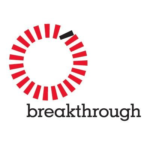
Breakthrough U.S. is a social services non-profit which uses a multi-modal theory of change to make gender-based violence globally unacceptable.




